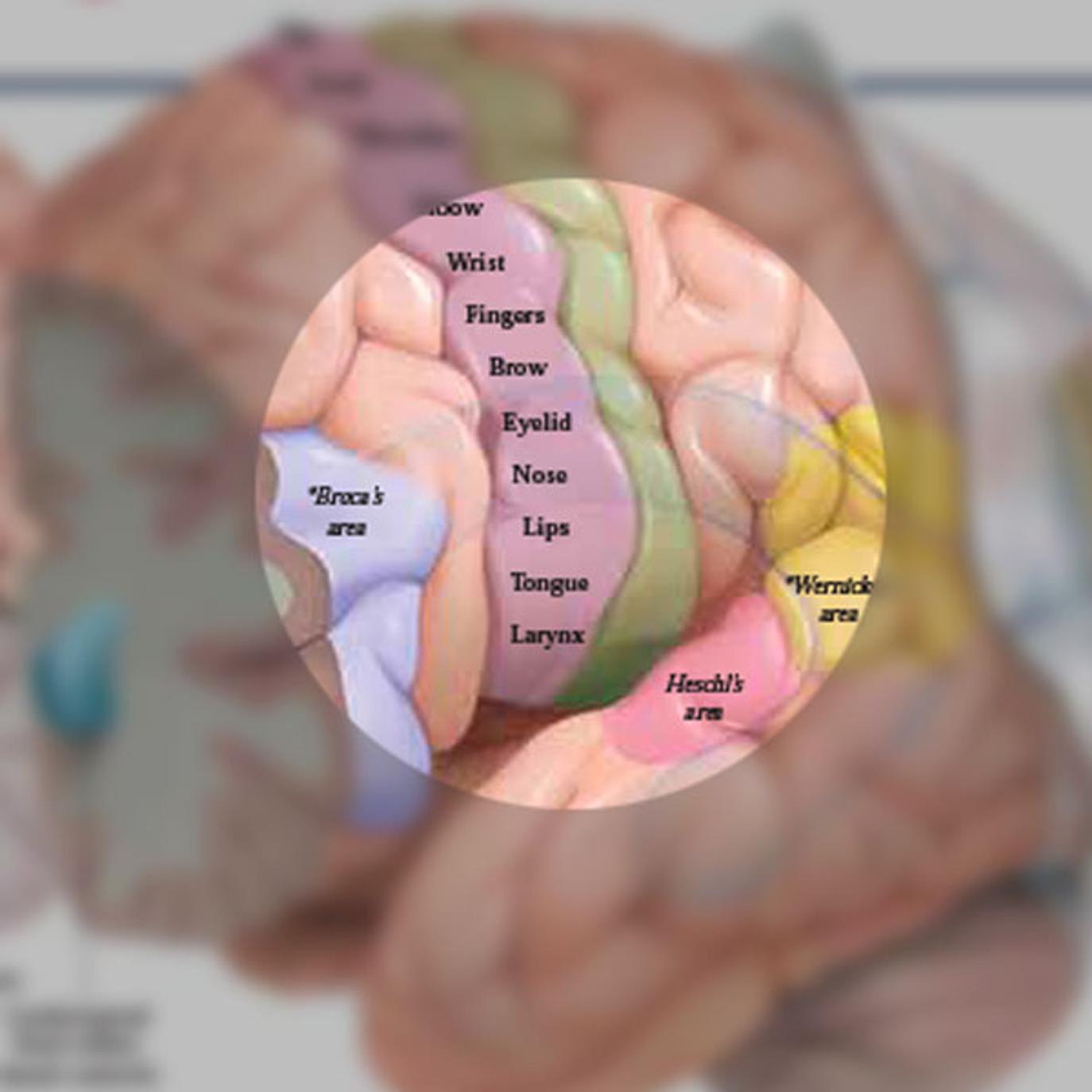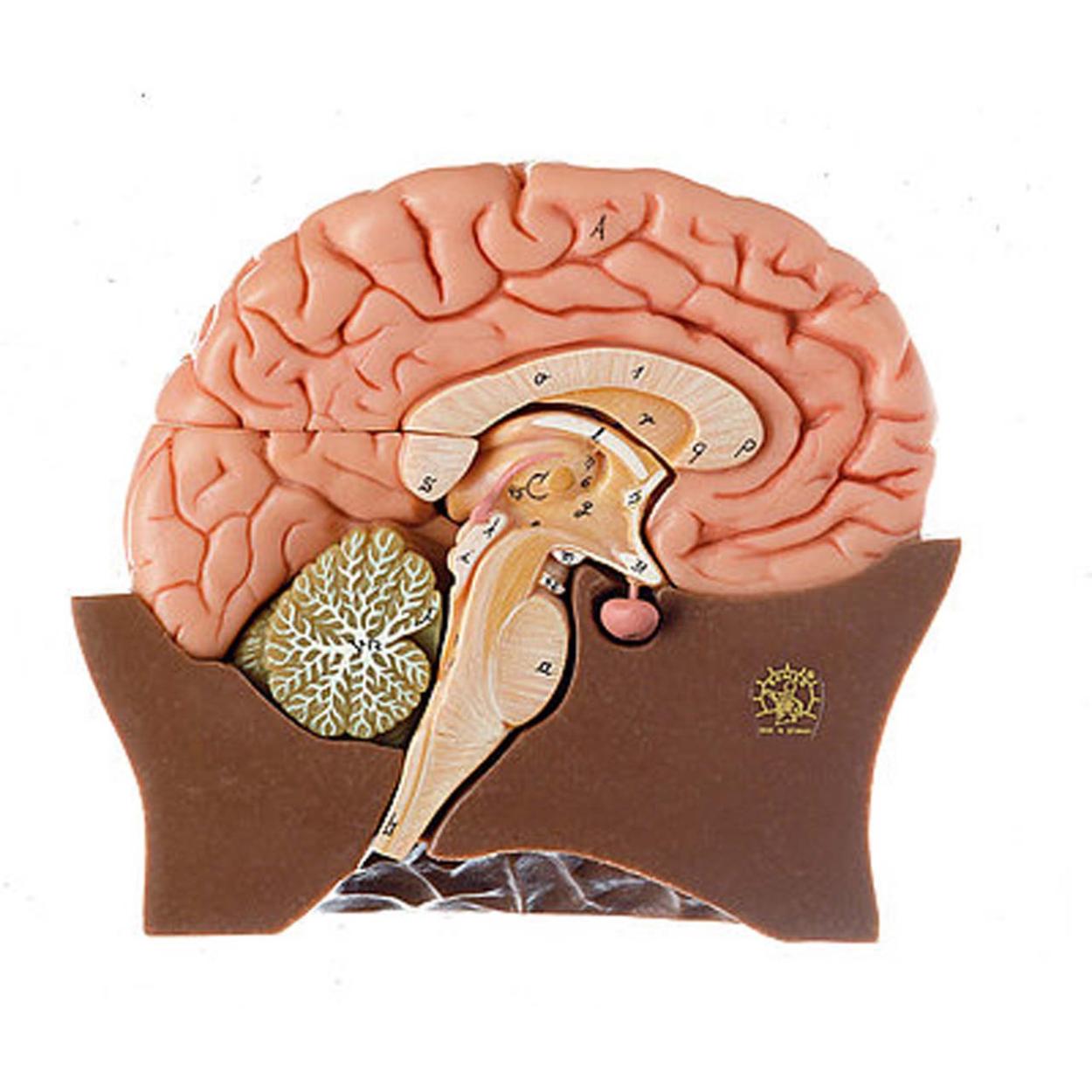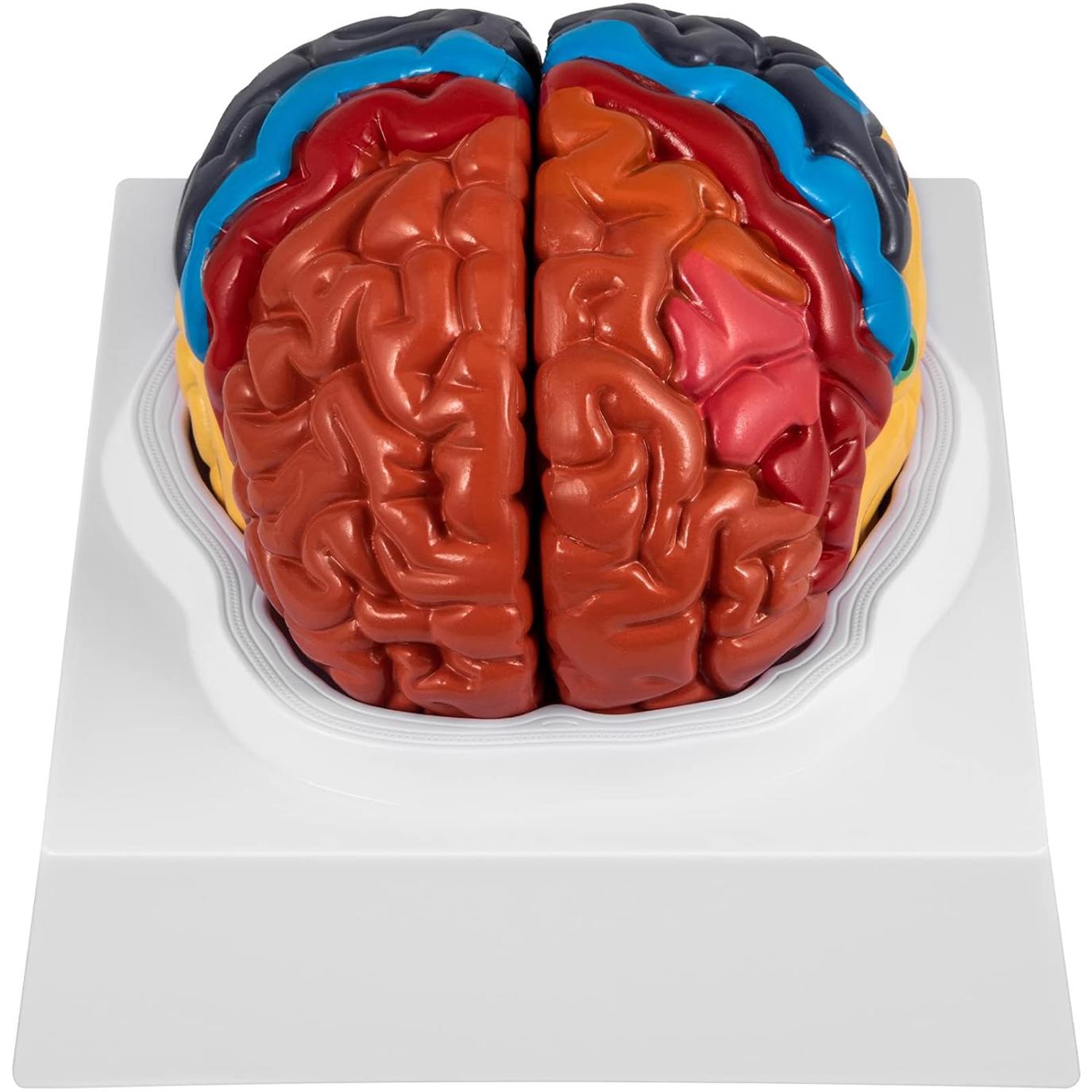The Neurobiology of Learning: Unraveling the Brain's Mechanisms for Acquiring and Retaining Knowledge
Learning is a fundamental process that underpins human development, education, and personal growth. It allows us to acquire new knowledge, skills, and behaviors, enabling us to adapt to our ever-changing environment. Understanding the neurobiology of learning provides invaluable insights into how the brain facilitates these remarkable abilities, offering potential avenues for improving educational practices, developing interventions for learning disabilities, and promoting lifelong learning.

The Brain's Anatomy And Structures Involved In Learning:
The brain's intricate network of regions and structures plays a crucial role in learning and memory. Key players include:
- Hippocampus: Responsible for encoding and consolidating new memories, particularly episodic memories (events and experiences).
- Amygdala: Involved in emotional processing and memory formation, particularly fear conditioning.
- Prefrontal Cortex: Involved in higher-order cognitive functions, including attention, decision-making, and working memory.
- Neurons: The fundamental units of the brain, responsible for transmitting information through electrical and chemical signals.
- Synapses: Junctions between neurons where signals are transmitted, strengthened, or weakened through a process called synaptic plasticity.
- Neurotransmitters: Chemical messengers that facilitate communication between neurons, including glutamate, dopamine, and serotonin.
The Process Of Learning And Memory Formation:
Learning and memory formation involve a complex interplay of processes:
- Encoding: The process of acquiring and registering new information in the brain.
- Storage: The process of retaining information in the brain over time.
- Retrieval: The process of accessing and using stored information when needed.
- Long-Term Potentiation (LTP): A strengthening of synaptic connections between neurons, believed to be a cellular mechanism underlying memory formation.
- Long-Term Depression (LTD): A weakening of synaptic connections between neurons, also thought to play a role in memory formation.
Types Of Learning And Memory:

Learning and memory manifest in diverse forms:
- Declarative Memory: Memory for facts, events, and experiences that can be consciously recalled.
- Procedural Memory: Memory for skills and habits that are performed automatically, without conscious thought.
- Classical Conditioning: A type of learning in which a neutral stimulus is paired with a meaningful stimulus, leading to a conditioned response.
- Operant Conditioning: A type of learning in which behavior is reinforced or punished, leading to an increase or decrease in the likelihood of that behavior.
Factors Influencing Learning And Memory:
Various factors can enhance or impair learning and memory:
- Attention: Focused concentration on relevant information is crucial for effective learning.
- Motivation: Intrinsic and extrinsic motivation drives individuals to engage in learning.
- Sleep: Adequate sleep is essential for memory consolidation and retention.
- Stress: Chronic stress can impair learning and memory, while moderate stress can sometimes enhance memory.
- Exercise: Regular physical activity has been shown to improve cognitive function and memory.
The Role Of Emotion In Learning:

Emotions play a significant role in learning:
- Emotional Arousal: Moderate emotional arousal can enhance attention and memory.
- Amygdala Involvement: The amygdala links emotional experiences to memory formation, particularly fear conditioning.
- Emotional Valence: Positive emotions tend to enhance memory, while negative emotions can impair it.
Learning Disabilities And Neurodevelopmental Disorders:
Neurobiological factors can underlie learning disabilities and neurodevelopmental disorders:
- Dyslexia: A learning disability characterized by difficulty with reading, often due to impaired phonological processing.
- ADHD: Attention Deficit Hyperactivity Disorder, characterized by difficulty with attention, impulsivity, and hyperactivity.
- Autism Spectrum Disorder: A neurodevelopmental disorder characterized by social and communication difficulties, as well as restricted and repetitive behaviors.
The neurobiology of learning offers a fascinating glimpse into the intricate mechanisms by which the brain acquires and retains knowledge. Understanding these processes is crucial for improving educational practices, developing effective interventions for learning disabilities, and promoting lifelong learning. By unraveling the mysteries of the learning brain, we can empower individuals to reach their full potential and thrive in an ever-changing world.
YesNo

Leave a Reply